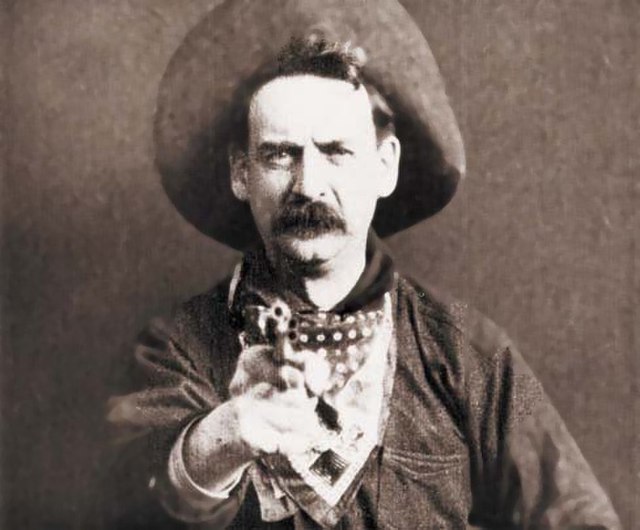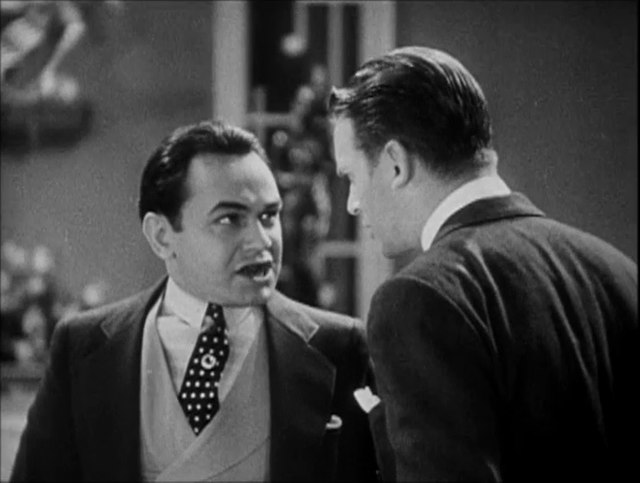Quick Millions (1931 film)
Quick Millions is a 1931 pre-Code crime film directed by Rowland Brown and starring Spencer Tracy, Marguerite Churchill, Sally Eilers, and featuring George Raft as the sidekick with a solo eccentric dance performance.
Quick Millions (1931 film)
The era of American film production from the early sound era to the enforcement of the Hays Code in 1934 is denoted as Pre-Code Hollywood. The era contained violence and crime in pictures which would not be seen again until decades later. Although the Hays office had specifically recommended removing profanity, the drug trade, and prostitution from pictures, it had never officially recommended against depictions of violence in any form in the 1920s. State censor boards, however, created their own guidelines, and New York in particular developed a list of violent material which had to be removed for a picture to be shown in the state. Two main types of crime films were released during the period: the gangster picture and the prison film.
Paul Muni (as Tony Camonte) taunting and laughing at police officers he has just shot at in the trailer for Scarface (1932). The Hays office wanted this ending of the gangster film replaced with one where Muni's character is tried and executed.
A famous shot, of "Bronco Billy Anderson", from the 1903 film The Great Train Robbery, the first "Western" ever filmed. Scenes where criminals aimed guns at the camera were considered inappropriate by the New York state censor board in the 1920s and usually removed.
Rico (Edward G. Robinson) confronting Joe (Douglas Fairbanks Jr.) when Joe wants to leave the mob in Little Caesar (1931). The public's fascination with gangster films, in the early 1930s, was bolstered by, the constant newsreel appearances of, real-life criminals, like Al Capone and John Dillinger, upon whom characters like Robinson's were often based.
James Cagney smashes a grapefruit into Mae Clarke's face in The Public Enemy (1931).





